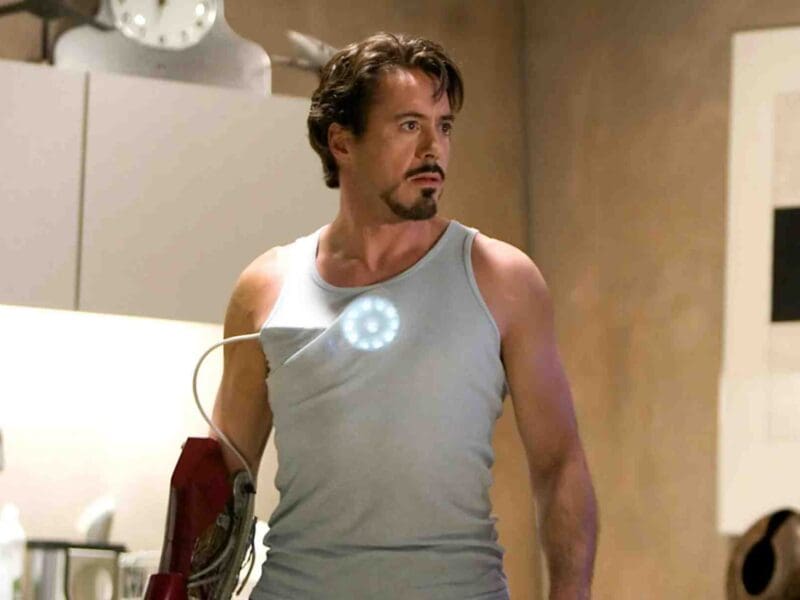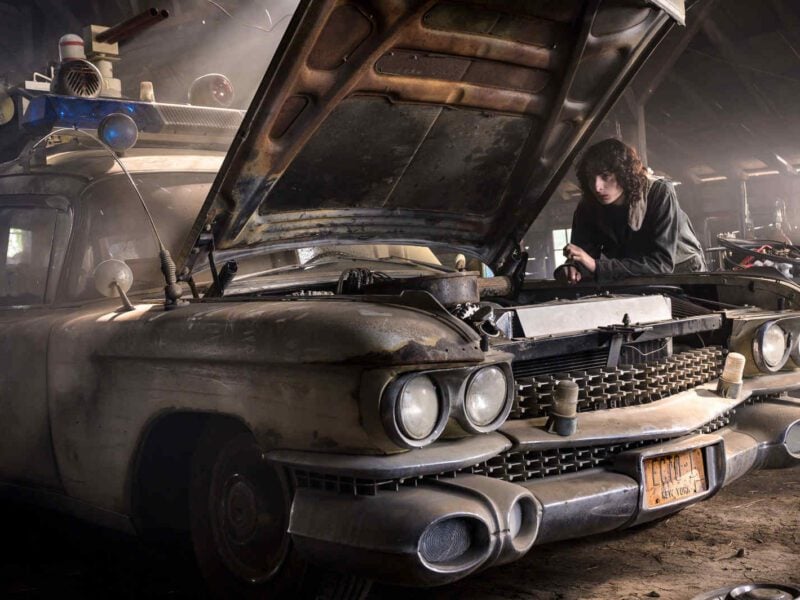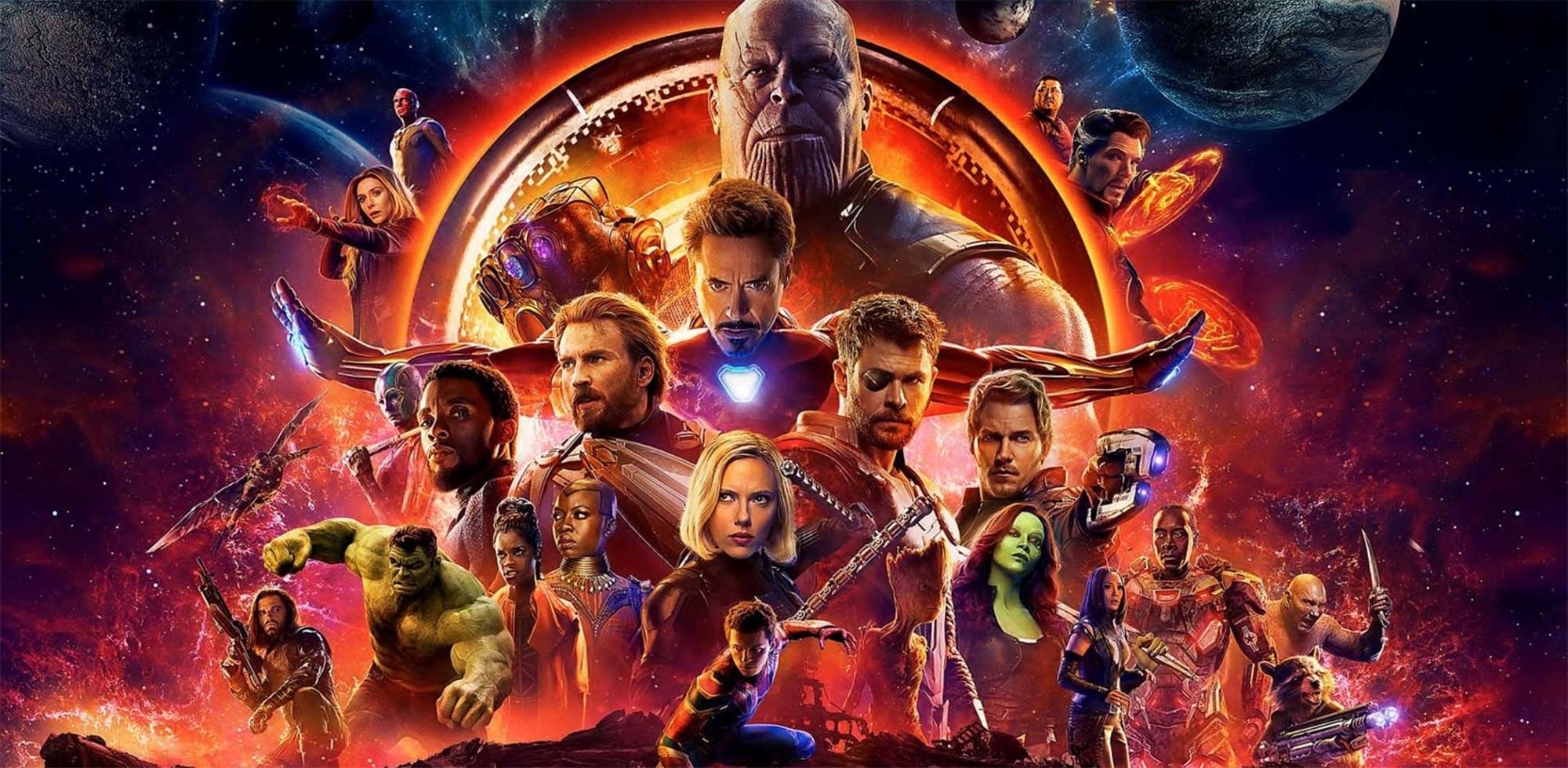
Avengers forever: ‘Infinity War’ is Marvel’s best blockbuster
Will we be spoiling Infinity War in this article? You bet your ass we will. Marvel’s Avengers: Infinity War is everything fans dreamed of – and everything superhero cynics dreaded. Since the monolithic studio have upped their game to three movies a year, it’s been tiring work being a movie fan.
Rocking up to the cinema expecting a veritable feast of cinematic variety has become a gamble in recent years. Chances are you’re more likely to arrive in time for the twentieth showing of Marvel’s latest superpowered brawl that day than Isle of Dogs, for example, which was pulled from several movie chains.
So it was with a heavy heart that many of us weary cinema-goers trudged into our local multiplexes, armed with enough popcorn to get through two and a half hours of non-stop intergalactic, cosmic nonsense. But Avengers: Infinity War caught us off guard. The verdict? Avengers: Infinity War totally rules.
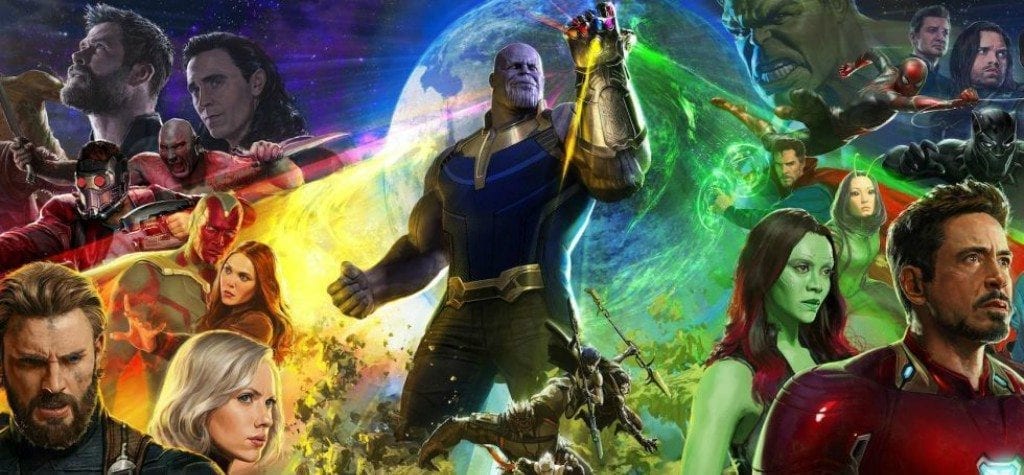
First of all, let’s talk about the first couple of Avengers movies, as attempting to run through the whole slate of the Marvel Cinematic Universe is frankly headache-inducing. 2012’s The Avengers was an undeniable cultural moment, sure, but going back for a rewatch a few years removed and it’s painfully obvious that the film only really works because everyone was expecting it not to.
The Avengers’s effects look like glossy plastic, the character dynamics are stretched thin in favor of crowd-pleasing quips, and if it has themes, they’re lost somewhere within the non-existent folds of Captain America’s skin-tight lycra.
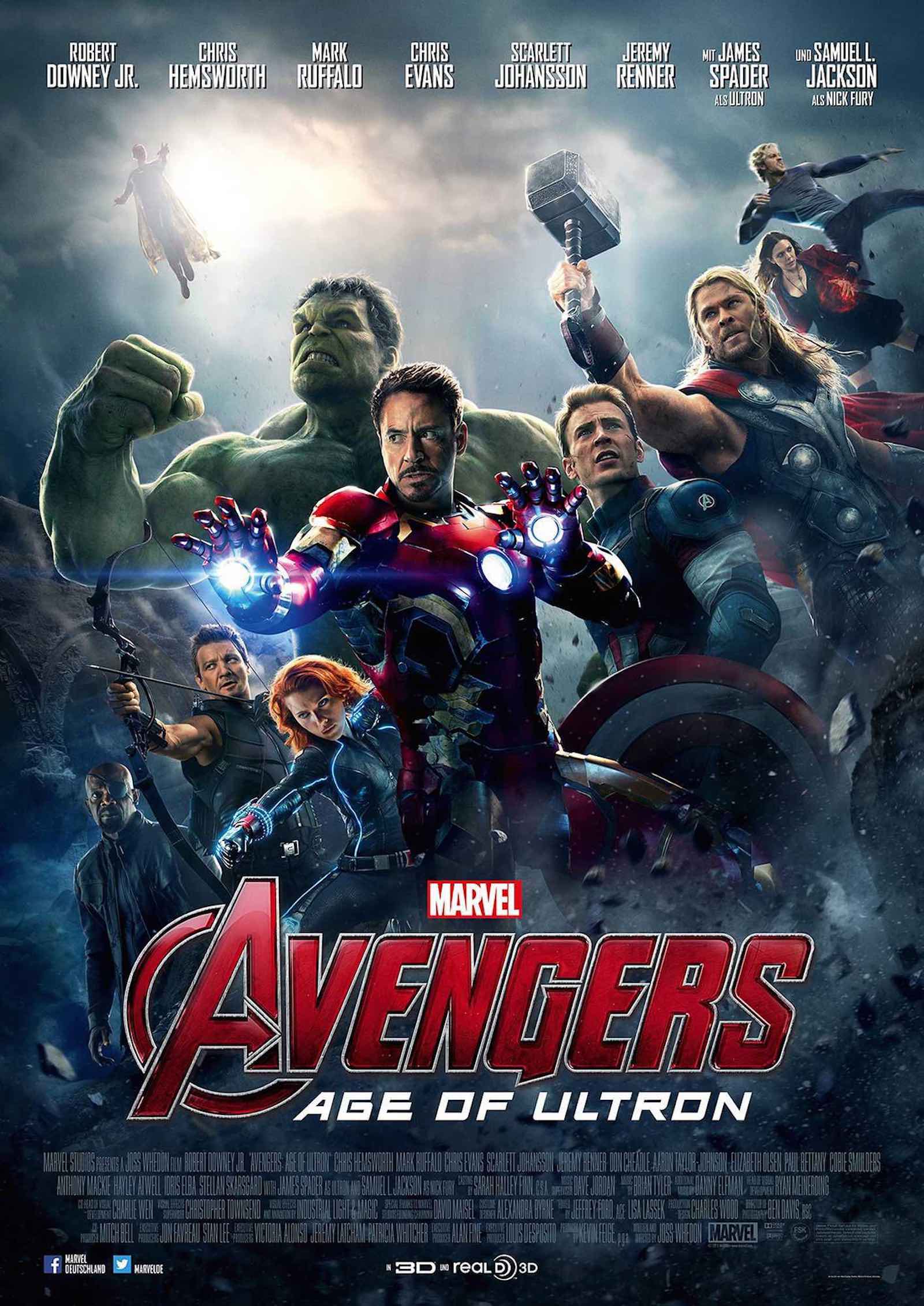
Avengers: Age of Ultron was divisive from the off, crafting its world with far more lived-in detail than the first superhero crossover, and introducing vital new characters (Scarlet Witch, Vision) as well as pivoting the franchise towards the ramifications and consequences of comic book characters entering the real world – themes that had gone ignored in previous entries.
However, Age of Ultron is tonally at complete odds with itself. Joss Whedon (Buffy the Vampire Slayer) tried to go really dark with it, but the moments don’t hold water when James Spader’s Ultron punctuates each horrific sequence by singing about Pinocchio.
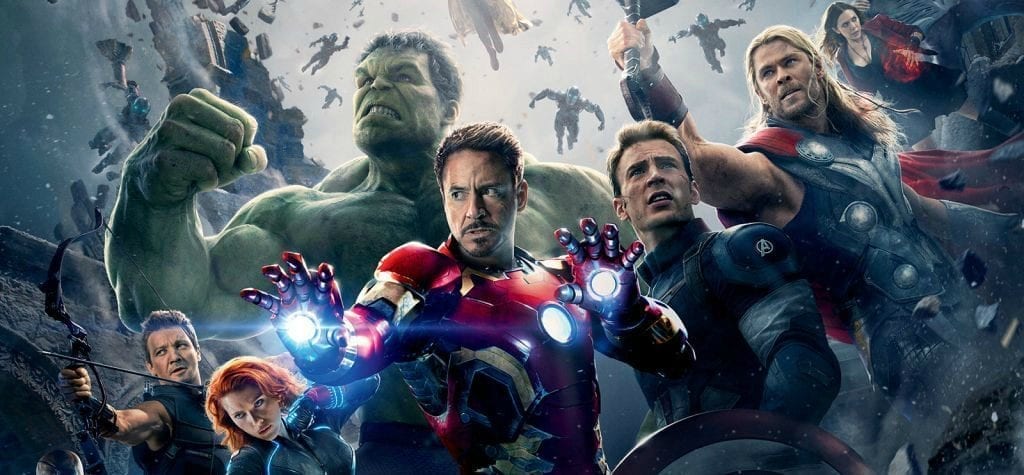
Despite their shortcomings, the two Avengers team-ups were some of the most successful films of all time. Ultron ended Phase Two with $1.4 billion under its utility belt, a nice sum that allowed Kevin Feige and his team of execs to roll up their sleeves and finally introduce a little creativity and risk to the homogeneous superhero serial.
That’s our first indication why Avengers: Infinity War was not only their best effort for Phase Three, but possibly the pinnacle of the universe since the first Iron Man kicked things off.
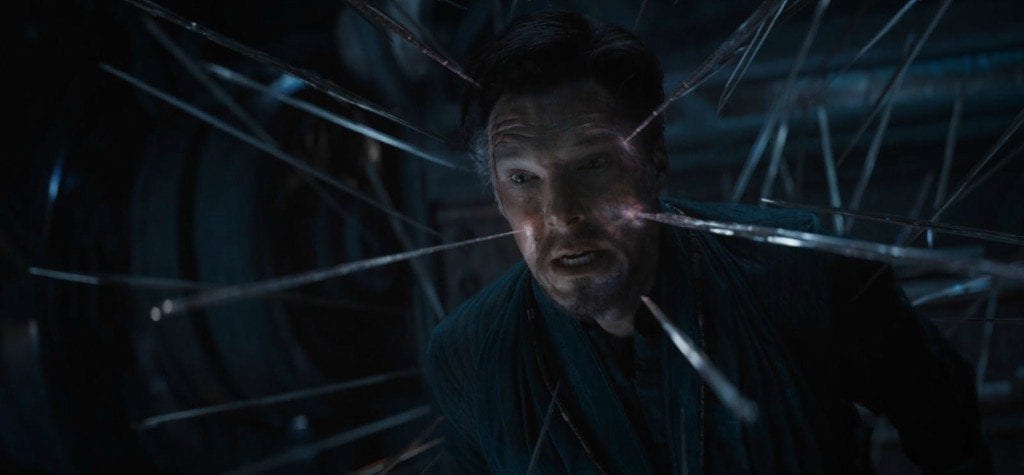
Avengers: Infinity War’s creativity
After easily walking away with the rights to Spider-Man after a nifty deal with Sony, the studio started showing off by attaching an eccentric, idiosyncratic New Zealander for a tendency to wing it on the day, Taika Waititi, to direct the third Thor film, as well as releasing perhaps the most culturally relevant movie of the year with Black Panther. Infinity War not only pays off those risks, but it creates new ones too.
With the addition of The Guardians of the Galaxy to its superhero roster, Marvel can finally get weird, and Infinity War is the closest the series ever got to the psychedelia of the cosmic comics. Forget Doctor Strange, whose surreal sequences merely feel like a sizzle reel for what Marvel could be doing.
On a surface level, every hero gets a moment to shine that’s just as creatively bizarre as their powers have been in the past, but the superb special effects, choreography, and color mean Avengers: Infinity War is one of Marvel’s most lusciously inventive action spectacles ever produced.
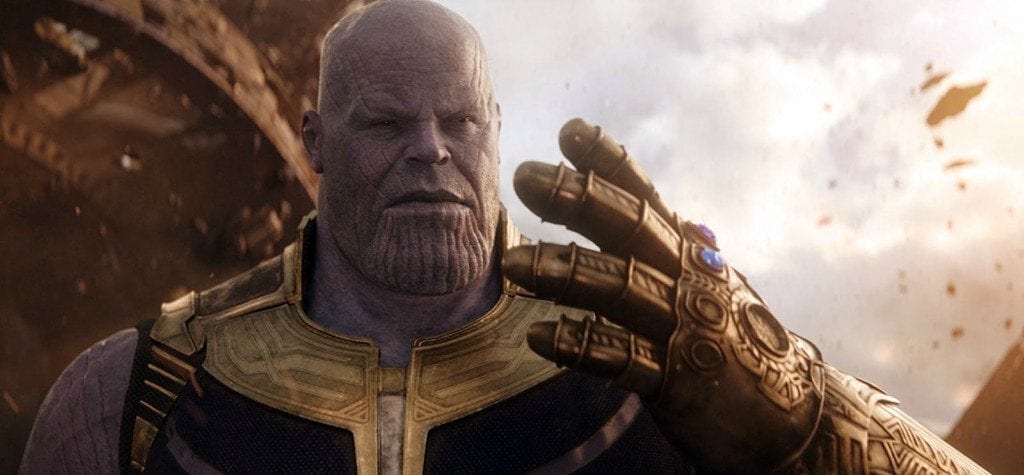
Thanos
Josh Brolin’s Thanos imbues Avengers: Infinity War with a level of villainy the Avengers series hadn’t seen before. With perhaps the greatest amount of screentime in the film, at least the most that had been granted to a Marvel villain for an awfully long time, Thanos not only represents tangible threat, but, most vitally, the audience is invited truly to understand the antagonist, an entry point we’re not usually granted.
Reports of Thanos being sympathetic are a little overblown – he does throw his adopted daughter into an abyss to gain access to a glowing rock after all – but he certainly has dimension, motivations, and personality.
A soft-spoken sociopath with a god complex, Thanos represents unflinching ideology fueled by confirmation bias and narcissistic ignorance. And the motion-capture work is extraordinary; every facial tick and expression seems real. At the end of Avengers: Infinity War Thanos is shown in an extreme closeup and it becomes apparent that his stubble has growing ever so slightly longer throughout the film. Wow.
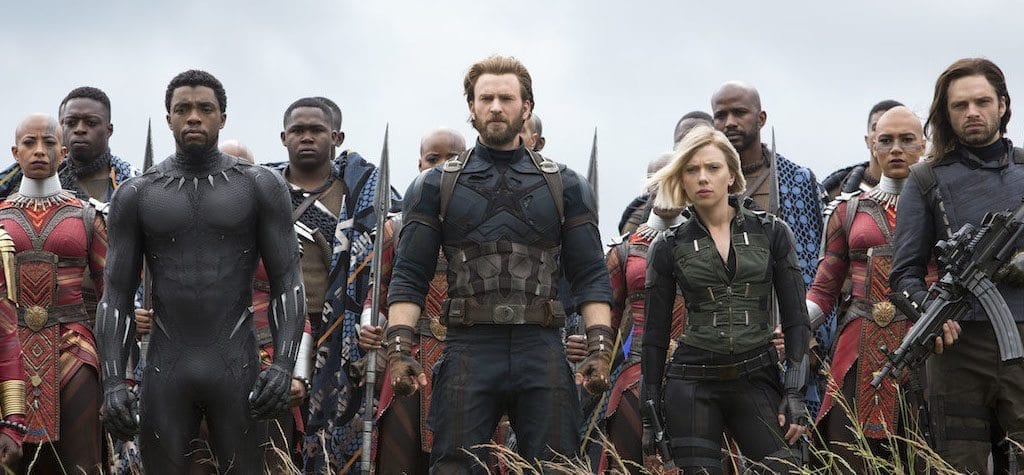
Avengers: Infinity War’s plot structure
Splitting the narrative up into a number of disparate stories that culminate in the third act is an extremely smart move that satisfies during the closing action sequence. It’s a necessity after the events of Civil War left the team in ruins on opposite sides of the world, but still comes off as a calculated decision to lessen the possibilities of Infinity War getting overstuffed.
Dividing the narrative also allows for unexpectedly excellent character dynamics. Rather than a traditional crossover scenario of two groups meeting simultaneously, the superheroes get opportunities to live moments together. Stark rolls his eyes at Drax; Thor gets boisterous competition from Star-Lord and Rocket; Steve Rogers introduces himself to Groot. The crossover moments offer everything you dreamed they could.
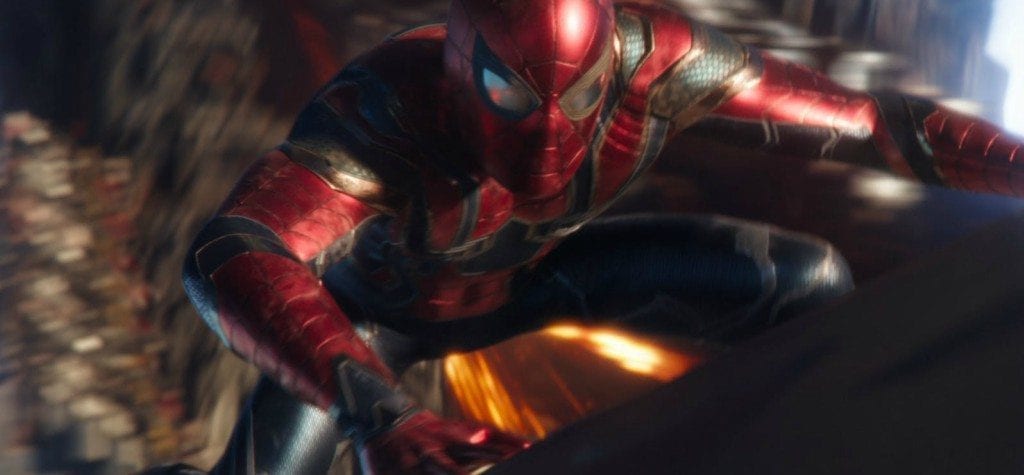
Infinity War’s references and callbacks
It wouldn’t be a Marvel article if we didn’t mention the frankly obscene number of comic book references and payoffs to older films. From the Iron Spider to Stormbreaker, Bucky becoming the White Wolf and even the return of the Red Skull, there are enough tidbits and easter eggs to make Ready Player One jealous (and these hints actually mean something).
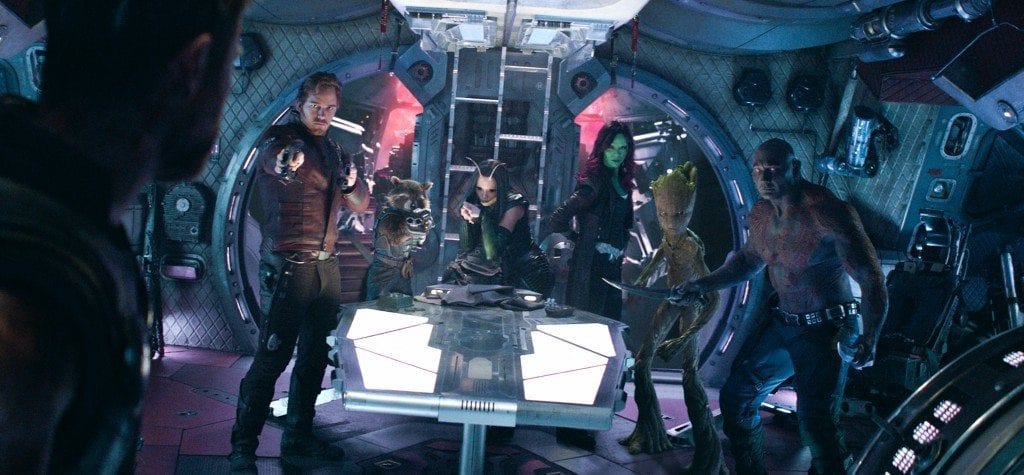
Avengers: Infinity War’s welcome humor
Somehow, Infinity War manages to be funnier than Thor, which was directed by a comedic filmmaker. The film is also more quick-witted than Shane Black’s script for Iron Man 3, removes the ponderous gloom hanging over the Russo Brother’s previous Marvel films, and even writes the Guardians of the Galaxy better than their features.
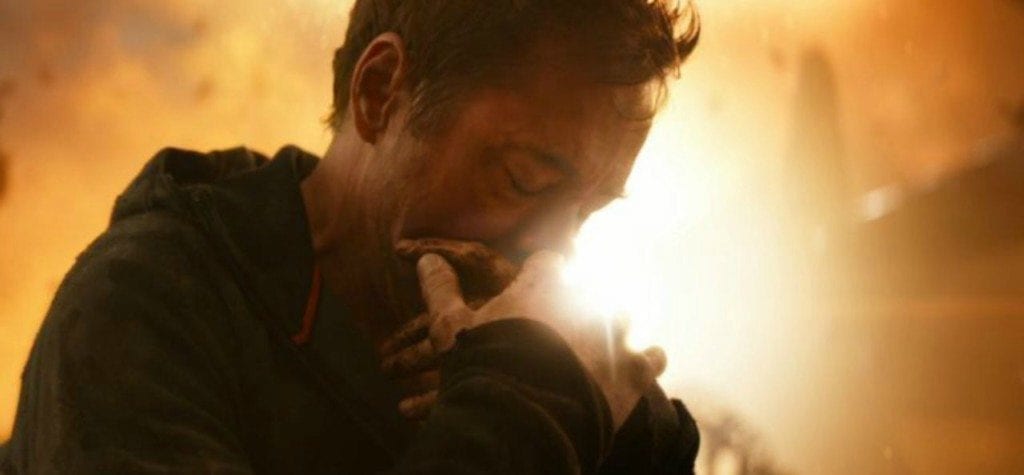
Infinity War’s darkness
Despite the film’s lighter moments, Avengers: Infinity War maintains its stakes incredibly well with some genuine gravitas, especially from veteran Avengers. Mark Ruffalo’s Bruce Banner, going through an identity crisis with his alter ego after a beating from Thanos, is genuinely harrowed by the impending threat to Earth.
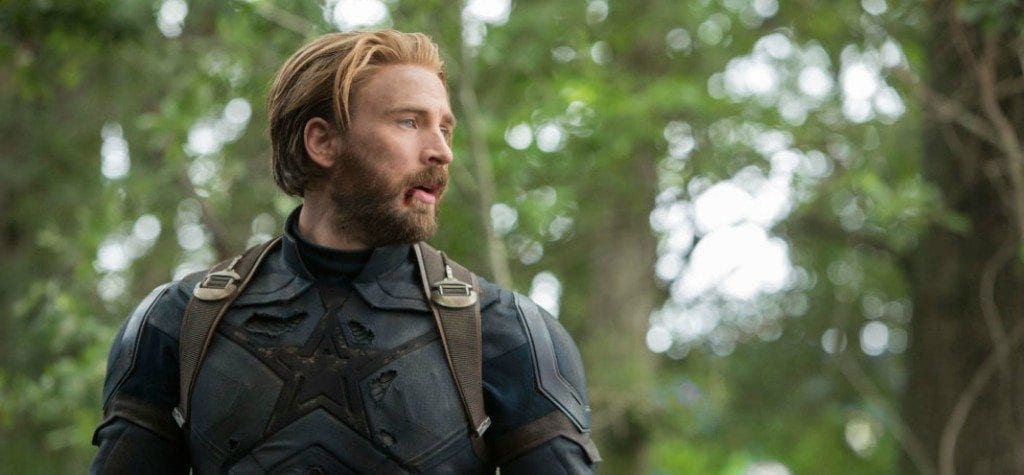
Infinity War’s ending
No, we don’t seriously think the characters who disintegrate into dust with the snap of Thanos’s fingers will remain dead, but it’s emotional torture when you’re actually in the moment.
Seeing Okoye staring at the empty space that used to be her Wakandan king, Rocket losing his best friend and lifelong partner Groot, and Peter Parker reaching for a hug from his father figure and mentor while he slowly, agonisingly fades away from the audience is pure pathos.
Not only are such plot points comic-book accurate, the ending is a ballsy move that immediately doubles the stakes for the next film while slyly leaving the original team of Avengers to save the day for one last epic celebration. Audiences are left with the feeling that most of them will die, leaving Spidey, Strange, T-Challa, and Captain Marvel to pick up the pieces and lead the next iteration of the franchise.
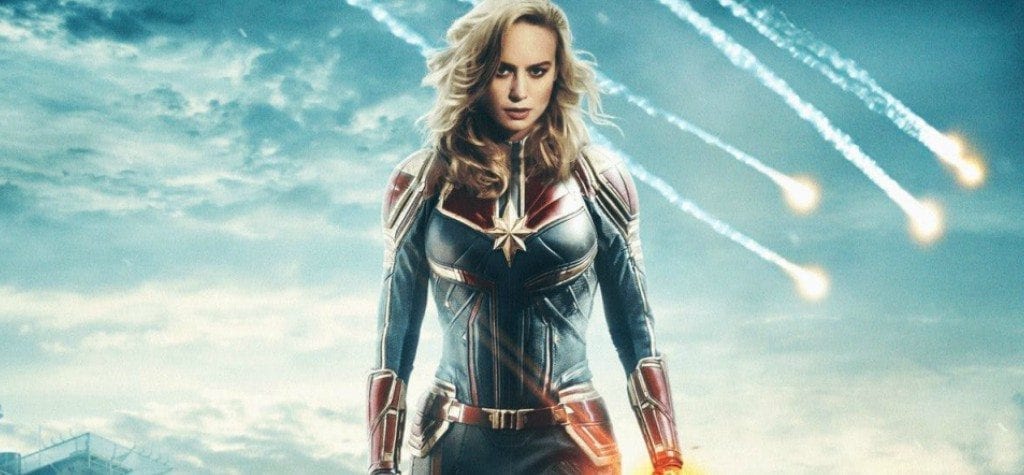
The post-credit stinger
Captain Marvel (Brie Larson) is introduced for her upcoming film and pinnacle role in Avengers 4, and Samuel L. Jackson (Pulp Fiction) finally gets to say “motherf***er” in a Marvel movie, even if he does get interrupted by disintegration. ‘Nuff said.
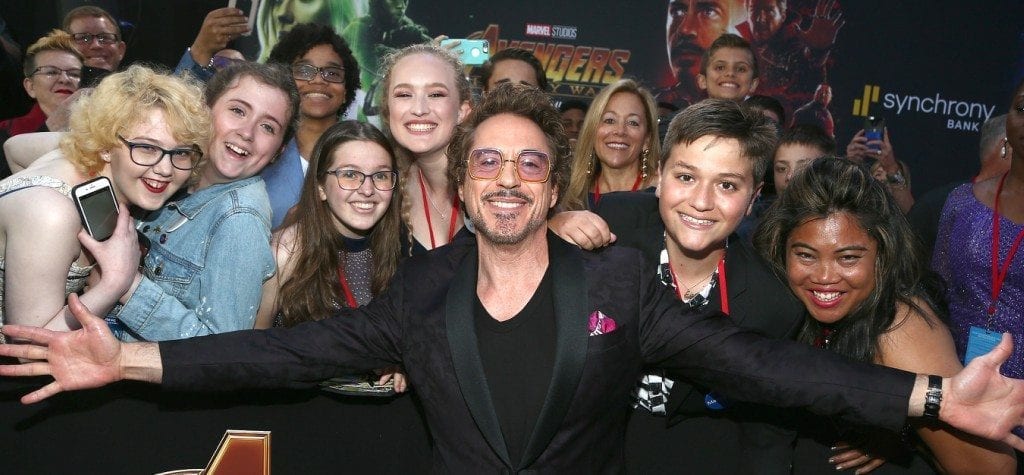
Marvel loves and understands its audience
Fans felt shortchanged by Age of Ultron treating them like idiots with a microscopic attention span. Dark or powerful moments only last for as long as it takes for the writers to come up with the next quip.
For a film that, admittedly, still feels constructed by committee, the smart, emotive, and dedicated committee working on Avengers: Infinity War gives us what we want and what we didn’t realize we wanted. In every theater playing the film, audiences laughed and cheered with joy and frank bemusement at the fresh twists.
From simple details like the resurrection of the Avengers theme during the most appropriate sequences, to the handling of bleaker subject matter and its shocking, infuriating cliffhanger, Infinity War lets us feel things we want to feel, with the assurance that everything will turn out alright in the end. Top marks!






